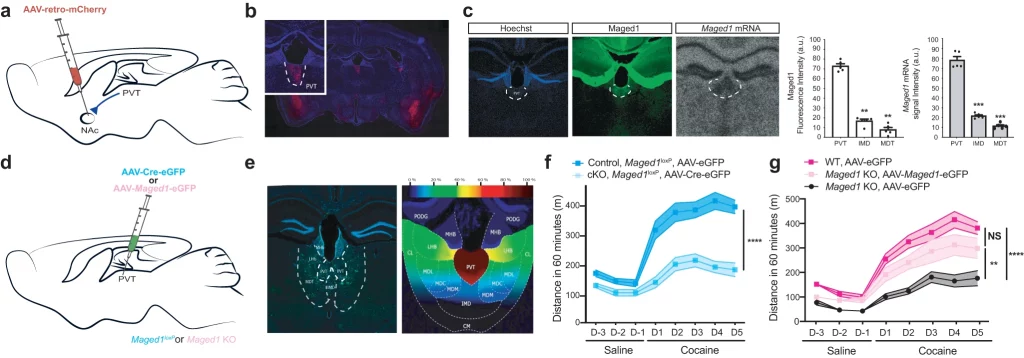Published in Nature Communication, our study unveils a novel mechanism involving the gene Maged1, which surprisingly operates outside the anticipated reward circuit, within the paraventricular thalamus region of the brain. This unexpected finding sheds light on specific epigenetic modifications, altering DNA structure and influencing gene expression. We identified USP7 as a crucial partner in these modifications, and inhibiting it proved effective in abolishing addictive behaviors. Importantly, our research in collaboration with psychiatrists at the Université de Paris Cité demonstrated the relevance of these discoveries in humans, showing specific genetic modifications in Maged1 and USP7 associated with behaviors linked to cocaine addiction. These findings open up promising avenues for new treatments in drug addiction, particularly for cocaine, where effective treatments are currently lacking.




